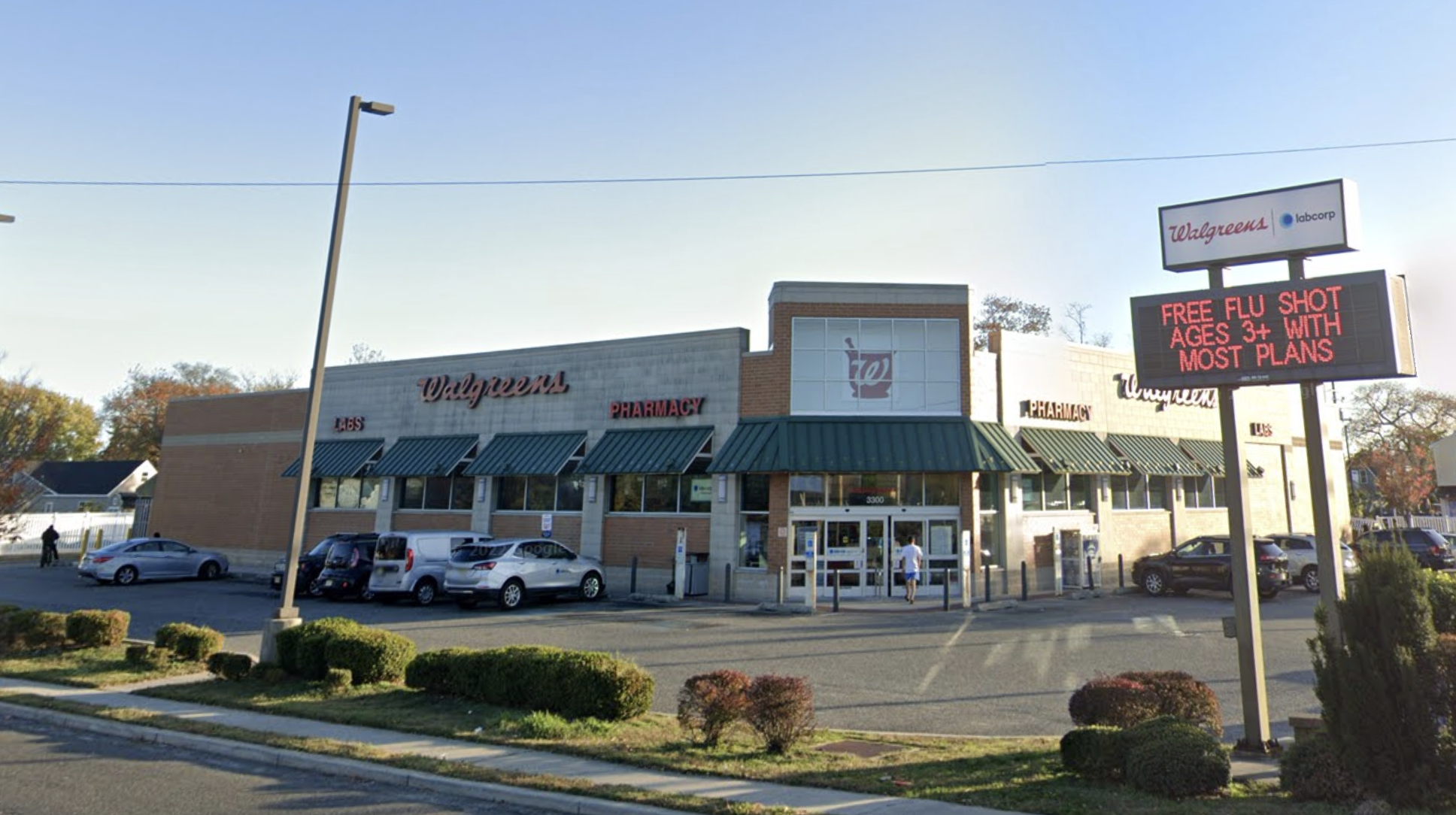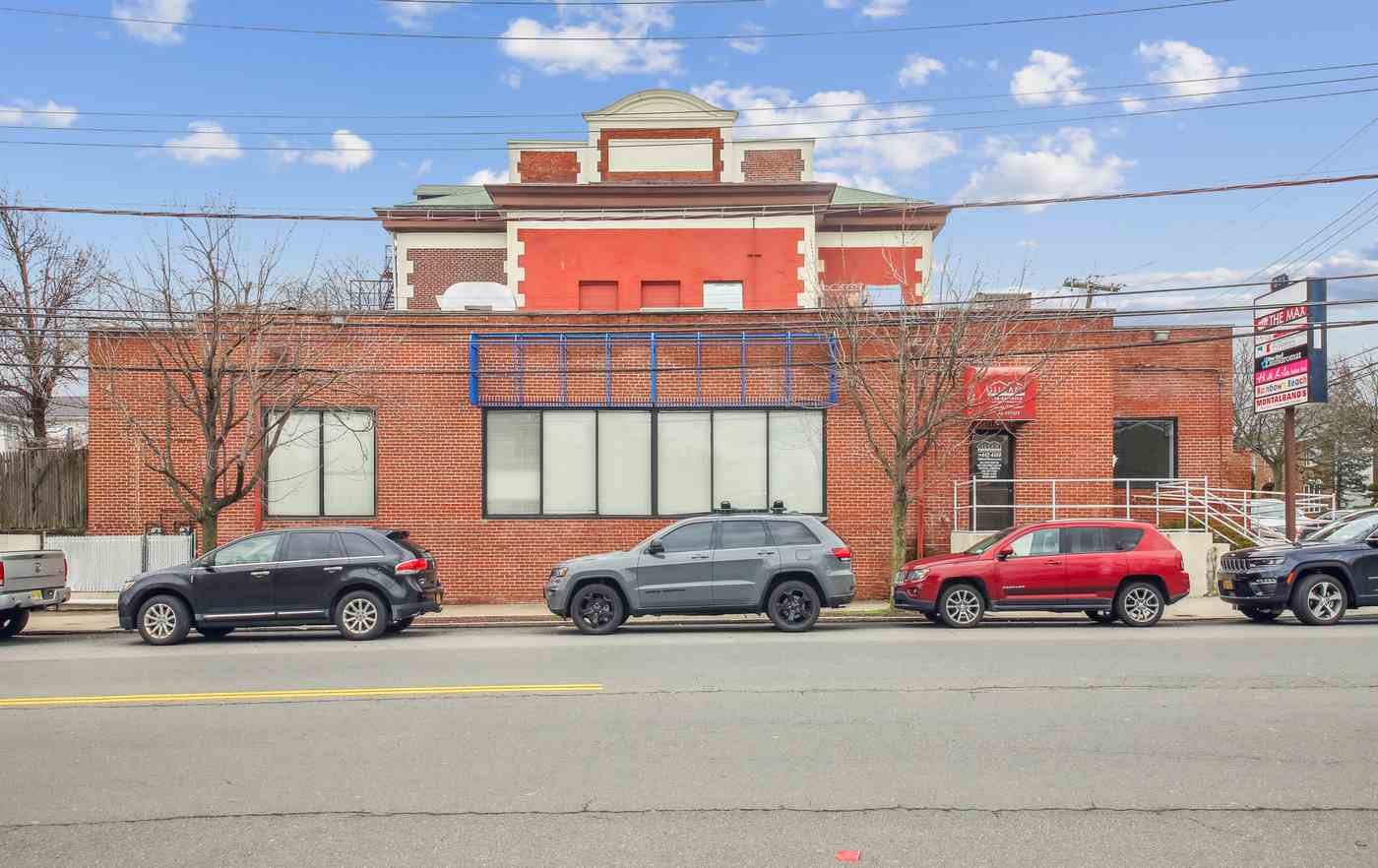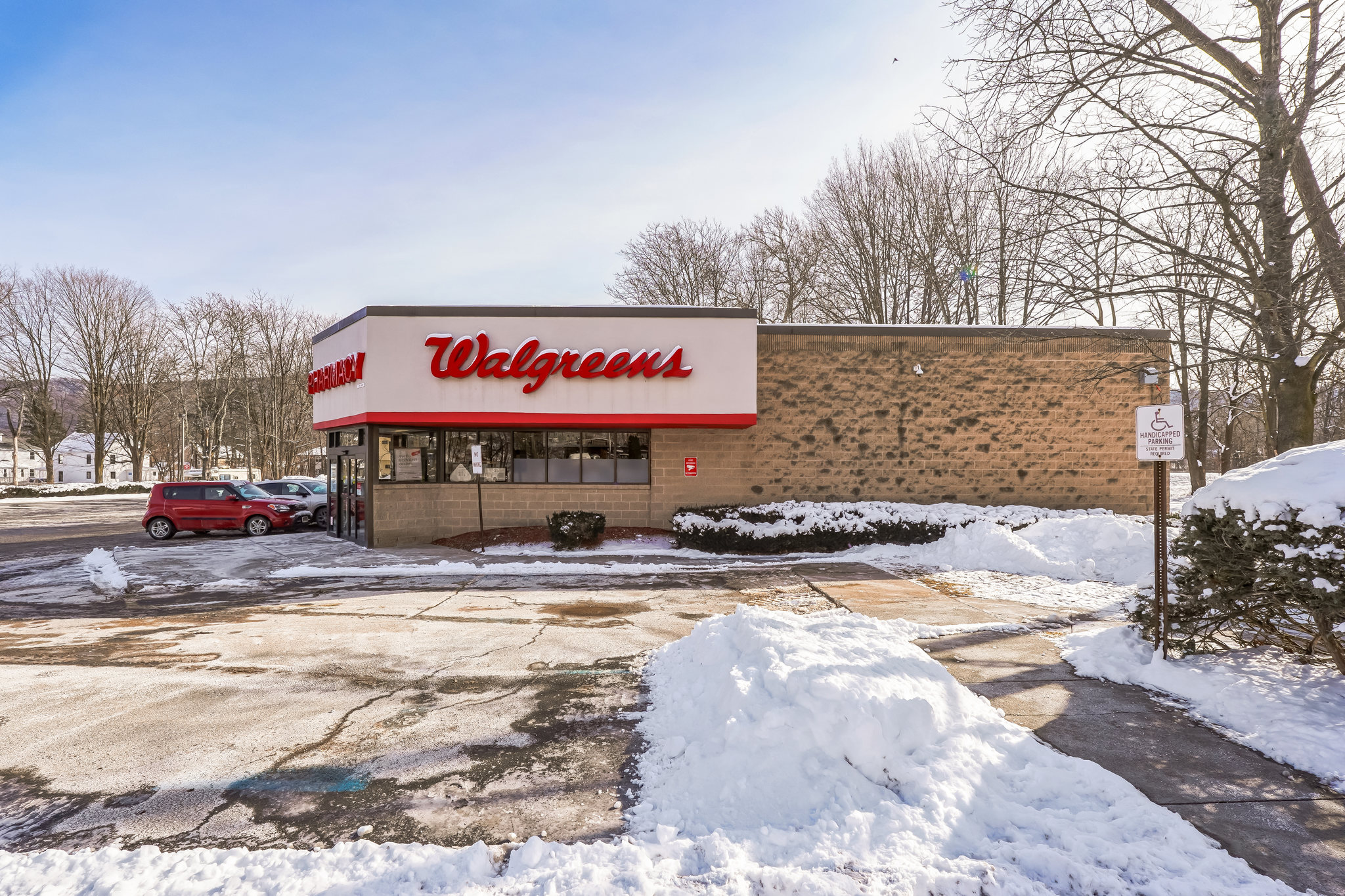1. Always Wear Steel-Toe Boots
Steel is a bulky and heavy material. This means that accidents can happen in a hurry, and when they do, serious injury is often the result.
Drop a large piece of metal on your foot and that will be an experience you’ll never forget. That’s why it’s so important to own a pair of quality steel-toe boots.
You might argue that steel-toe boots are heavy and hot, and yet the alternative is to risk smashed or severed toes.
Most of the top boot manufacturers now make steel-toe boots that are every bit as comfortable as the shoes that you wear around the house, so comfort shouldn’t be a factor and your feet with thank you for the effort.
2. Always Wear Gloves
A good pair of work gloves should also be on your list. After all, metal tends to have sharp edges that can do a lot of damage in a hurry.
Most of the time, sheets of raw metal will have edges that are razor sharp and can remove fingers like chopping a carrot in half. You’ll likely be moving, shifting, unloading and stacking large sheets of metal, and you won’t want to risk getting nicked, cut, or any other type of accident that involves bloodshed.
Thus you’d be wise to invest in a pair of gloves that are designed for working with metal.
3. Make Sure You’ve Had Tetanus Shots
Even if you’re wearing good work boots and gloves, there’s still always a potential for an accident to occur. When you get cut by metal, getting tetanus is a very real possibility.
That’s why you need to make sure that your tetanus shots are up to date. Tetanus is caused by clostridium tetani bacteria. This type of bacteria is found in soil and other natural environments and is easily transferred to the bloodstream through open cuts in the skin.
When this happens, you’ll likely experience painful symptoms such as muscle spasms and rigidity, your jaw will clench tightly, and you could even have trouble eating. In other words, contracting tetanus isn’t pleasant.
The key is to get tetanus boosters every 7 to 10 years. This will help minimize the risk of infection and provide peace of mind during metalworking projects.
4. Always Wear Eye Protection
You’ll also need to protect your eyes. After all, there’s really nothing more painful than catching a metal shaving in the corner of your eye or scratching your eyeball with a hot metal fleck.
This is most important while working with grinders, drills, or saws that produce flying sharps. Keep in mind that your eyes are extremely vulnerable during this type of work, and an accident can happen…well…in the blink of an eye.
You should always keep several pairs of protective eyewear in your metal shop. This way you’ll have a backup in case one pair breaks, gets lots, or you need to loan a pair to someone who’s lending a hand.
Remember, metal shavings can easily cause permanent vision damage, so never take chances.
5. Always Wear Ear Protection
Hearing loss is another safety factor that you’ll need to be aware of. A metal shop can be loud, especially when using a saw, grinder, or hammer. This type of activity can quickly cause irreparable harm to your hearing.
To prevent this, invest in earplugs or some other form of ear protection that will help protect your hearing from banging sounds and loud screeching noises.
6. Use a Respirator
A respirator is a simple safety device worn over your nose and mouth to help prevent exposure to dangerous and toxic fumes. Shop activities such as welding, grinding, sanding, and welding produces fumes that can lead to serious respiratory issues.
Wearing a respirator is an easy and inexpensive way to prevent this type of unpleasant respiratory illness.
If you’re needing tools or parts for your shop, Snaploc is a great resource to find what you’re looking for.
7. Wear Welding Gloves & Shield When Welding
If you’re working in a metal shop, you’ll eventually need to do some welding. This type of work requires a few special safety precautions such as welding gloves and a welding shield. Keep in mind that failing to wear these forms of protection will quickly lead to severe injury.
8. Keep a Fire Extinguisher Within Reach
Every workshop needs at least one fire extinguisher. This should be the first rule of safety in any work area. Especially if you’re going to be welding. This safety tip is really a no-brainer.
9. Watch Where You Step
A metal shop is a world of potential hazards. Sharp pieces of metal will fall on the ground that you could step on, not to mention the fact that welding machines generate current that can travel through the ground to your body. This can cause serious injury or even death.
That’s why it’s important to always keep your work area clean and watch your step.
10. Safety Should Always Be Your Top Priority
Lastly, take the time to be safe. Sure, you might be in a hurry sometimes, but remember that maintaining a safe work environment doesn’t require any additional time or effort and can help prevent serious injury while in your metal shop.
Tips For Safely Working With Metal
Working with metal can be dangerous. Fortunately, the tips contained here will help make the process safer so that you can get the job done as pain-free as possible.
Keep scrolling to see more great home improvement tips and advice.







Leave a Comment